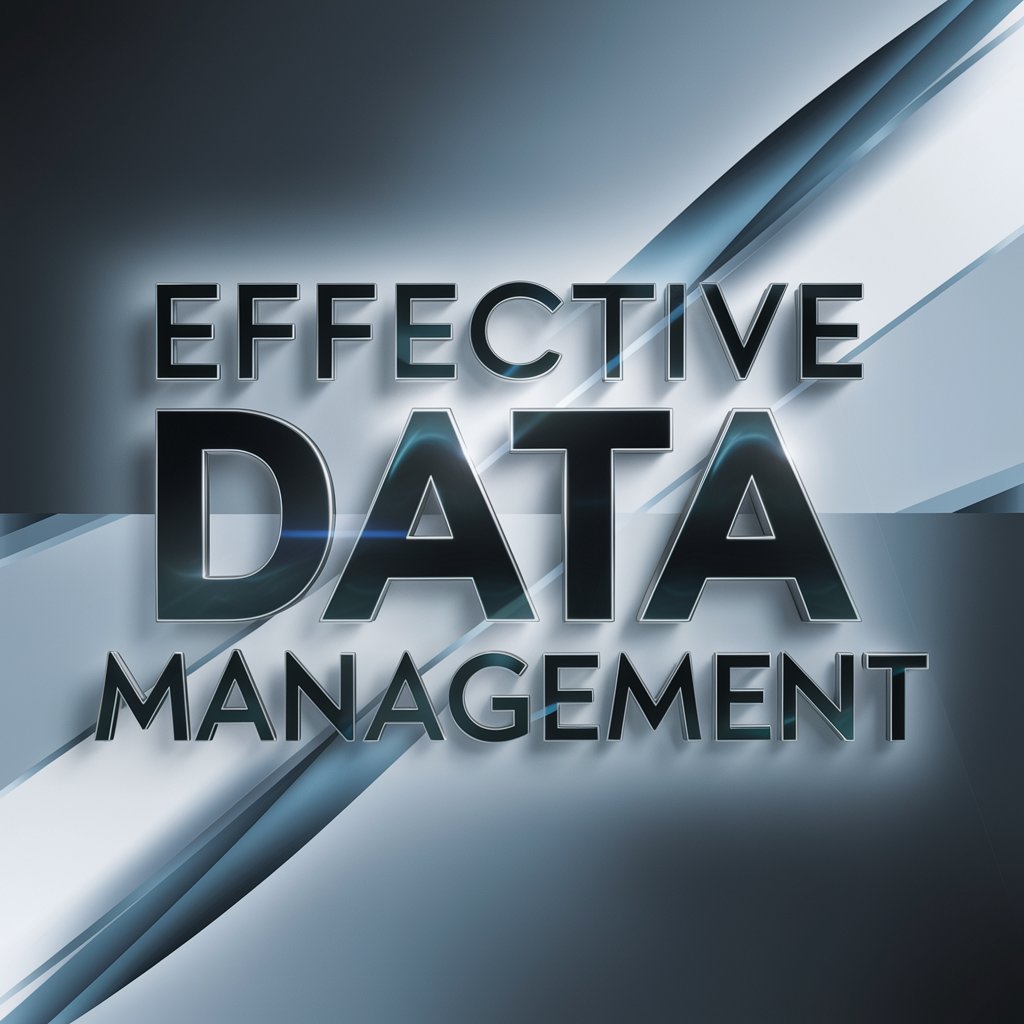Data management plays a crucial role in the healthcare industry, enabling efficient operations and improving patient care delivery. With the advent of digital systems and electronic health records (EHRs), healthcare providers can leverage data to optimize various aspects of their operations. From streamlining administrative tasks to enhancing clinical decision-making, effective data management can vastly improve healthcare outcomes. This article will explore how data management practices are transforming healthcare operations and revolutionizing patient care.
I. Enhanced Administrative Efficiency
A. Optimized Appointment Scheduling
Efficient healthcare data management solutions facilitate seamless appointment scheduling, reducing waiting times and ensuring patients receive timely care. Medical facilities can efficiently manage appointments through centralized databases that integrate patient information with available resources, such as doctors’ schedules and room availability. This enhances patient satisfaction, minimizes administrative delays, and helps medical staff effectively plan their workload.
B. Streamlined Billing Processes
Data management systems also streamline billing processes within healthcare organizations. By maintaining accurate patient records in centralized databases, medical facilities can automate billing procedures, reduce errors, and simplify payment collection workflows. This leads to faster reimbursement cycles for healthcare providers while providing transparency to patients regarding their financial obligations.
II. Improved Clinical Decision-Making
A. Access to Comprehensive Patient Records
Effective data management allows for easy access to comprehensive patient records across healthcare organizations, ensuring clinicians have all the necessary information when making critical decisions about treatment plans or interventions. With digital health records that encompass past medical history, laboratory results, medications prescribed, allergies, and more, clinicians can provide more personalized care while minimizing the risk of adverse events due to incomplete or inaccurate information.
B. Integration of Diagnostic Test Results
Interoperable data management systems enable the seamless integration of diagnostic test results into electronic health records. By consolidating multiple test results from different providers into a single record, clinicians can gain a comprehensive view of the patient’s health status over time. Working with LIS vendors who prioritize interoperability can further enhance this integration, ensuring that laboratory information systems efficiently support data sharing and clinical workflows. Clinicians can then analyze patterns, track progress, and make informed decisions about diagnosis, treatment adjustments, and preventive measures.
III. Enhanced Population Health Management
A. Real-Time Disease Surveillance
Effective data management allows healthcare organizations to conduct real-time disease surveillance by analyzing aggregated patient data. By leveraging data analytics tools, public health agencies can closely monitor outbreaks, identify potential hotspots, and deploy interventions promptly. This helps in planning effective public health campaigns, improving resource allocation, and preventing the spread of infectious diseases.
B. Predictive Analytics for Risk Stratification
Data management systems equipped with predictive analytics models enable risk stratification in population health management efforts. By identifying individuals at higher risk for certain conditions or complications based on their medical history, behavior patterns, genetic factors, or social determinants of health, healthcare providers can intervene proactively through preventive programs or early interventions. This improves health outcomes and reduces healthcare costs by preventing costly hospitalizations or chronic disease progression.
IV. Efficient Supply Chain Management
A. Inventory Optimization
Effective data management plays a vital role in optimizing supply chain processes within healthcare organizations. By capturing real-time data on inventory levels and consumption patterns of medical supplies and equipment, facilities can streamline procurement processes while avoiding stockouts or excess inventory that unnecessarily ties up capital. Timely replenishment ensures uninterrupted operations while minimizing waste and reducing costs.
B. Tracking Pharmaceutical Distribution
With comprehensive data management systems in place, pharmaceutical distribution tracking becomes more efficient throughout the supply chain network. From manufacturers to drug wholesalers to retail pharmacies and hospitals/clinics, accurate tracking of medication deliveries ensures improved transparency and adherence to regulatory standards across the entire distribution process.
V. Ensuring Data Security and Privacy
A. Protecting Patient Confidentiality
Effective data management in healthcare requires stringent measures to protect patient confidentiality and comply with privacy regulations. Robust security protocols, such as encryption, access controls, and regular system audits, are essential for safeguarding sensitive patient information. By maintaining strict data security practices, healthcare organizations can build trust with patients and ensure their information remains confidential.
B. Mitigating Data Breach Risks
Data breaches in healthcare can compromise patient records and cause significant harm. Effective data management strategies, such as encrypted communication, strong password policies, staff security training, and regular vulnerability assessments, help mitigate these risks.
A crucial aspect of this strategy is offsite data storage. By securely storing patient records remotely, Corodata Document Management adds a layer of protection against breaches, ensuring critical information remains safe and accessible during a cybersecurity incident. Integrating offsite storage enhances your organization’s ability to protect sensitive patient data.
Conclusion
As technology continues to advance in the healthcare industry, effective data management practices have demonstrated their transformative power in enhancing operations and improving patient care delivery. Data management has become an integral part of healthcare organizations, from administrative efficiency through streamlined appointment scheduling and billing processes to improved clinical decision-making via easy access to comprehensive patient records and integration of diagnostic test results.


